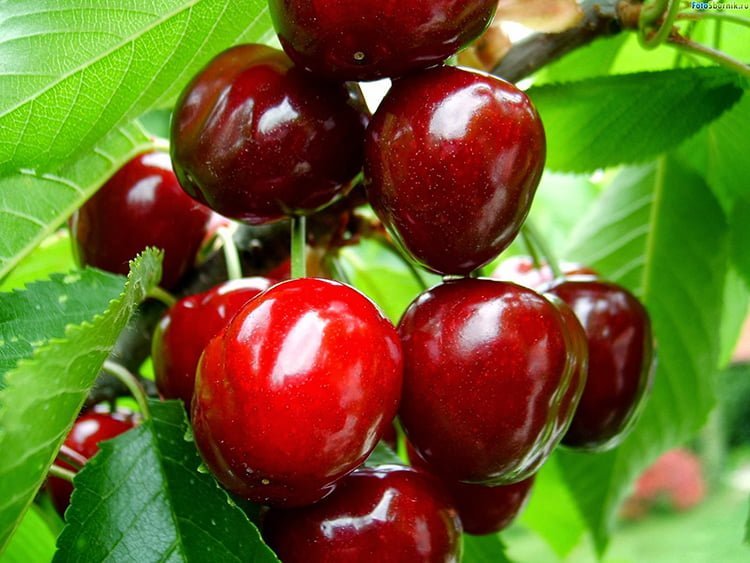According to EastFruit analysts, there are several factors that will have a decisive influence on the Moldovan sweet cherry market in 2023.
Firstly, due to cool and windy weather, as well as precipitation during the pollination period, this year’s cherry harvest will be lower than last year when 17 thousand tons were harvested. However, in this case it will not be lower than the average for the five years, which is close to 12 thousand tons.
Secondly, due to the growing shortage of labor and the gradual increase in the wages of seasonal workers, it will be problematic to harvest the entire fruit crop. Last year, according to expert estimates, about 10-15% of the sweet cherry crop, especially in old orchards, remained on the trees. The problems with hiring day laborers have been mentioned by many gardeners since the beginning of this year’s harvesting campaign. It is possible that in 2023 some, possibly very small, part of the crop of low-liquid cherries and small-caliber berries will also not be harvested.
Thirdly, over the past few years, the quality of cherries on the Moldovan market has increased. This was noticeable last year, and it is clearly being celebrated this year. At the end of June, there are significantly more of large (26-30 mm) sweet cherries in city markets than small cherries. Representatives of the Moldova Fruct association argue that this circumstance is a direct consequence of the process of technological modernization in this segment of fruit growing. But, apparently, relatively good weather conditions also play an important role: rains that can harm the quality of cherries, i.e. provoke fruit cracking and slow down the harvesting campaign, not yet.
Fourthly, in June there is a big differentiation of prices for small and large cherries on the Moldovan market. The wholesale price for the former fluctuates over a wider range, averaging 20 lei/kg ($1.1/kg), but individual batches can be sold 20-25% cheaper than the prevailing average. Wholesale prices for large cherries are more stable – close to 27-28 lei/kg, ($1.49-1.54/kg) and they are 15-30% higher than prices for small sizes.
Fifth, the export opportunities for Moldovan cherries are most limited not by the relatively modest forecasted 2023 harvest, but by insufficient post-harvest infrastructure. Moldovan farmers lack equipment for precooling of cherries, as well as their sorting. For this reason, the process of exporting cherries from Moldova, according to representatives of fruit growers’ associations, is going better than expected, but the potential is far from being exhausted.
Sixth, it is possible that, despite the problems with the post-harvest infrastructure that have not yet been resolved, Moldova may fully or largely use the whole European quota for duty-free exports of sweet cherries for the current season, which is set at 3 thousand tons. At the moment, Moldova exports the best cherries to Germany, Belgium and France in relatively small quantities, but, as traders claim, at a very good price.
In addition, it is quite possible that, as the campaign of mass harvesting of late varieties of sweet cherries unfolds in the country, the supply of these fruits to Romania, as well as the western regions of Ukraine and the CIS countries, will increase. However, experts suggest that even taking into account such opportunities, the physical exports of Moldovan cherries this year will be lower than in 2022 when they exceeded 13 thousand tons.




